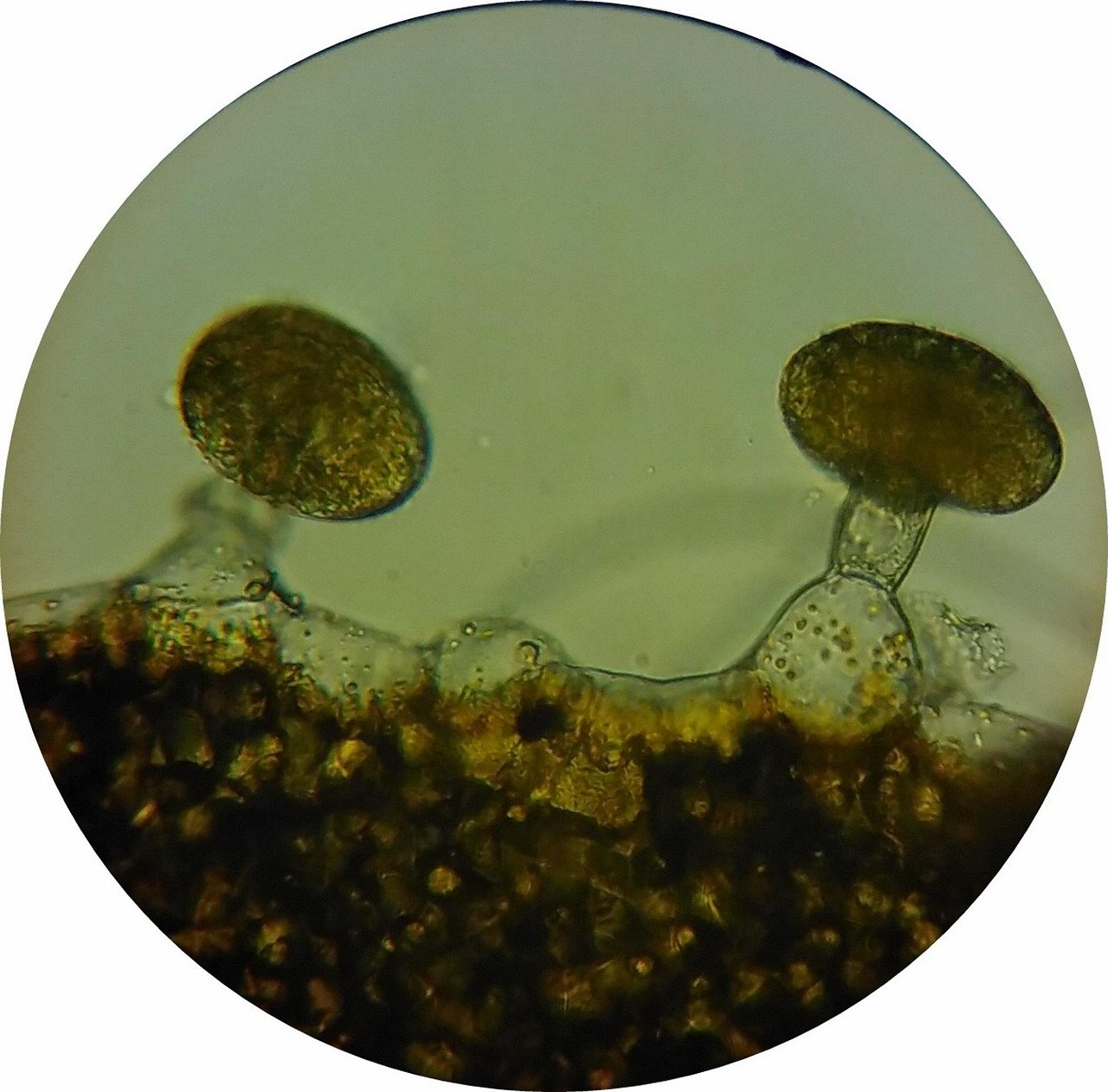Most people know about the thyroid gland and hypothyroid issues they face. However, most are unaware of some tiny, extremely important glands called parathyroid; indeed, most overlook them as some small organs that work behind the scenes to control several functions vital to the body. Most have never heard of them. Let’s learn more about the parathyroid glands, their functions, and why they are so important to your overall well-being.

The parathyroid glands are small glands, the size of a pea, which usually occur in four clusters, two each on either side and lie behind the thyroid germinal layer of the body. They operate right next to the thyroid but very dissimilarly to the thyroid hence they derive their name. The term parathyroid indicates the location and not the function but as beside the thyroid means para= beside and so, they are indicated that they do not have functional relevance.
Despite their tiny size, parathyroid glands are probably the most important for health and mental well-being. Most people are born with four parathyroids but some may have missing or retained glands; rarely, besides coming from the neck, the parathyroid glands may also come beside the esophagus or might even be in the chest. Normally, though, these anomalies are insignificant with respect to clinical findings but need to be considered while surgery, for the individualization of the different glands’ unusual anatomical locations.
What is the role of parathyroid glands?
Some glands secrete parathyroid hormone (PTH), which may have one of the most significant roles in the regulation of various body substances, including calcium, phosphorus, and vitamin D. These three are significantly important for health: all the way from bones to sleep-deprived self-indulgence.
substances are immensely important for health: everything ranging from bones to sleep-deprived self-indulgence.
Calcium Regulation: Calcium helps in strengthening bones, exerts nerve functions, and contracts muscles. It checks excessive bleeding. When calcium levels in the blood fall, the parathyroid hormone starts being released in considerable quantities. It goes to the bones and informs them to release calcium into the blood so that the serum calcium level can be reinstated. In the same breath, it instructs the kidneys to keep calcium and to not lose it through urine.
Control of Phosphorus: It is also important in the role of DNA, teeth, and gravy formation. Furthermore, it plays a part in the functioning of several enzymes dealing with cell reproduction and survival. Therefore, through phosphorus metabolism, PTH maintains calcium and phosphorus levels in your body’s balance.
Vitamin D Regulation: Vitamin D, as a hormone, keeps a check on calcium levels in the body and hence regulates its absorption at the intestine and excretion at the kidneys. PTH acts on stimulating the enzyme that changes the excess of Vitamin-D into the active form. The active form of Vitamin D, in turn, helps in Ca2+ absorption in the intestines and Ca2+ reabsorption in the kidneys.
The parathyroid glands are, so to speak, the principal organ of the calcium-phosphorus-vitamin D triad. Thus, when the calcium levels in the blood drop, calcium is produced by the glands in the form of PTH. This PTH will then cause an increase in blood calcium levels. On the other hand, when an adequate level of blood calcium is maintained, PTH will be inhibited to prevent deposition of excess calcium in the body.
What Symptoms Do Parathyroid Gland Disorders Have? The parathyroids are meant to work with relative ease but then it can also happen that their working is disrupted by some conditions. These take on no glamor of their own; however, they are equally important with respect to such endocrine issues. Below are some of the disorders known:
Hyperparathyroidism: This condition is caused by excessive secretion of parathormone and is as a result of parathyroid hyperactivity. Besides that, supra-physiologic serum calcium levels are often manifested and associated with symptoms affecting almost all organs including weakness and tiredness, bone pain, kidney stones, and muscle weakness. Occurrences of adenomas can be detected in one of the glands or hyperactivity in more than one gland which could lead to hyperparathyroidism and in some instances intervention would be surgical removal of the affected glands required.
Hypoparathyroidism: Hypoparathyroidism differs from this case in that there is insufficient secretion of parathormone from the parathyroid glands. This can produce serum calcium levels that are low with manifestations, such as abnormal sensations, muscle cramping, and, in the most extreme instances, convulsive seizure activities. The most common causes of hypoparathyroidism are neck operations from accidental injury, autoimmune disorders, or very high or low blood magnesium values.
Parathyroid cancer: Parathyroid cancer is rarely noted to occur in parathyroid glands. The cancer is, however, more likely to occur in these individuals who possess certain genetic syndromes or have received radiation in the neck area.
Why Don’t We Hear More About the Parathyroid Glands? These glands don’t make any fuss about their work, considering that they always do their job quietly without recognition. They wouldn’t get noticed because they keep regulating the balance in your body. Parathyroid disorders are somewhat rare and have little attention to them the same way disorders affecting the thyroid would have. And this yet does not make them quite important; the parathyroid glands are truly silent heroes in the regulation of vital minerals and hormones that make normal organ and system functioning possible throughout your body.
They are the heroes unsung—working stealthily in the background to balance the calcium, phosphorus, and vitamin D without seeking any reward. Such a world of heroes in human health includes the thymus gland in its quiet but remarkable work.
The Bottom Line: The Importance of Parathyroid Glands to Your Health
Ordinary people do not give importance to it, yet parathyroid glands are. These very tiny organs control by keeping the correct levels and balances of calcium, phosphorus, and vitamin D for the normal functions of bones, muscles, nerves, and many more organs. They may never interfere in or be noticed at all in life, but their less heralded role is paramount for your health and general well-being.
Now that you are in the know with regards to the parathyroid glands, these lovely little glands maintain the equilibrium in your body. Be it setting the levels of calcium for healthy bones or making sure that nerves and muscles work the way they should, the parathyroid glands deserve extra credit for thus unknown yet important contribution to your health.

